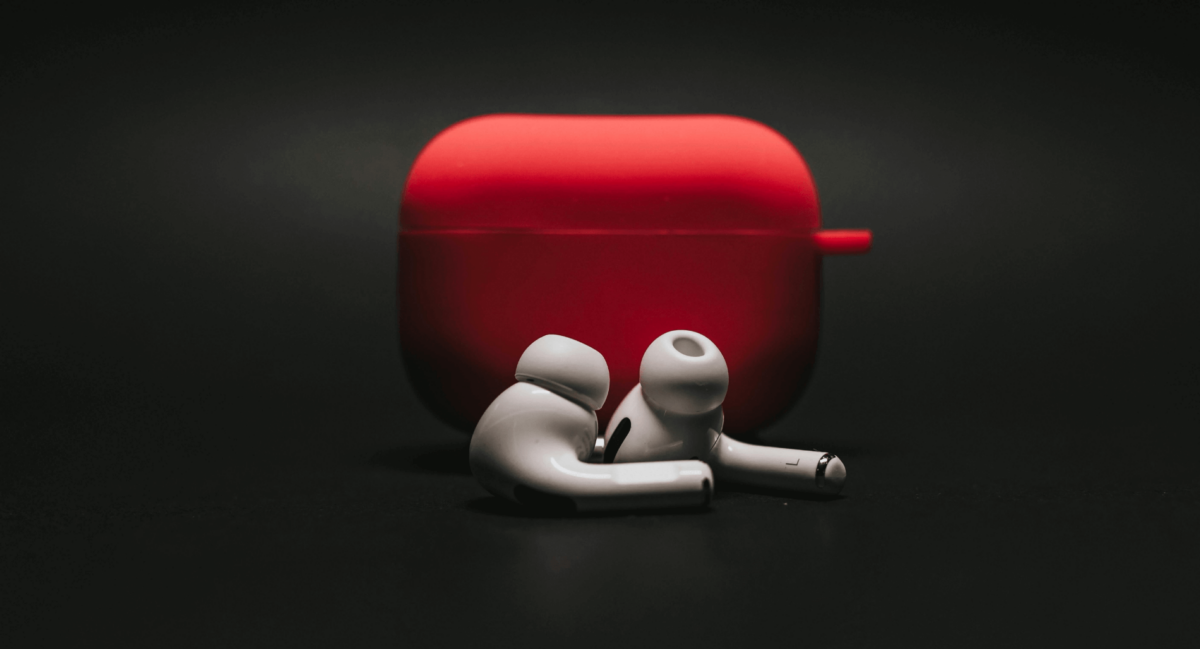
The Impact of Music on Hearing Health
Music is a big part of our lives. It lifts our spirits, helps us unwind, and even enhances our focus. However, it’s important to understand how music impacts our hearing health. Let’s explore how loud music can affect our ears and what we can do to protect them.
Loud music can hurt our ears in several ways. High volumes can cause noises to become distorted, making it hard to hear the details in music. More importantly, listening to loud music often can lead to hearing loss over time. When sound waves enter our ears, they make tiny hairs in the inner ear move. If the sound is too loud, it can bend or break these hairs, which don’t grow back.
The Role of Headphones and Earbuds
Headphones and earbuds bring the music closer to our ears. While this makes music sound clear, it also means the sound is directly hitting our eardrums. Using earbuds at a high volume can damage hearing within just 15 minutes. Over-ear headphones are slightly safer because they are not as close to the eardrum, but they can still be harmful if used too loudly.
Recognizing Signs of Hearing Damage
It’s important to know the signs of hearing damage. If there is ringing in the ears, also known as tinnitus, it could be a sign of listening to music too loudly. Difficulty hearing conversations in noisy places or needing to turn up the volume on devices are also signs.
Preventing Hearing Loss from Music
Preventing hearing loss is easier than treating it. Here are some tips to keep one’s hearing safe while enjoying music:
- Turn Down the Volume: Keep music at a safe volume. A good rule of thumb is the 60/60 rule: listen at 60% of the maximum volume for no more than 60 minutes at a time.
- Use Noise-Canceling Headphones: These headphones block out background noise, so there is no need to turn the music up as high.
- Take Breaks: Give ears rest. Listening to music constantly can tire out ear muscles.
- Set Volume Limits: Many devices have settings that allow a maximum volume limit.
The Positive Effects of Music on Health
While loud music can be harmful, music at a safe volume has many health benefits. Listening to favorite tunes can reduce stress and anxiety, improve mood, and even help with pain management. These benefits show music is not just entertainment, but also a helpful tool for mental health.
Music Therapy
Music therapy is a treatment that uses music to help people cope with physical and emotional problems. It can be used to aid recovery in patients with hearing loss, among other conditions. Music therapists are trained to use music in ways that strengthen hearing skills. They help patients practice listening to different pitches and rhythms, improving their ability to understand speech in noisy environments.
The Future of Hearing Health and Music
Technology is always changing, and this means new ways to enjoy music safely are being developed. Future headphones might include features that automatically lower the volume when music gets too loud. New research could also lead to treatments that repair damage caused by loud sounds. Staying informed about these advancements will help us keep our hearing safe while enjoying the music we love.
Conclusion
Music is an invaluable part of life, but we must listen responsibly. By keeping the volume down, taking breaks, and staying aware of the signs of hearing damage, we can enjoy music without hurting our ears. Educating others and staying informed about new technologies can help preserve hearing health for years to come.
